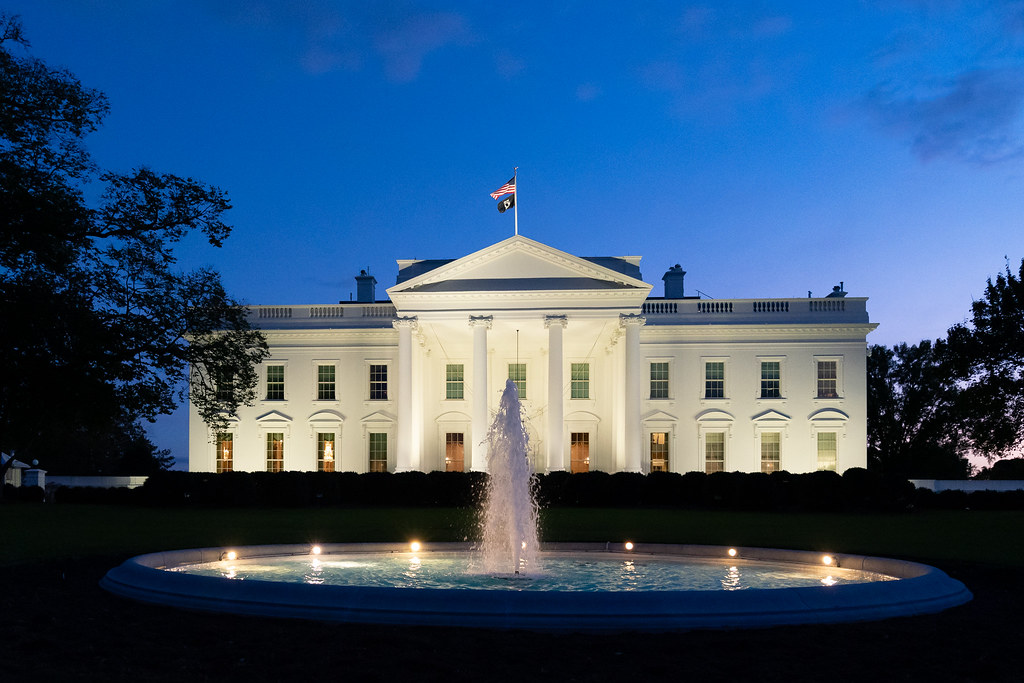
On Tuesday, the Senate unanimously approved the Enhanced Presidential Security Act, sending the legislation to President Joe Biden for his signature. This decisive bipartisan effort comes on the heels of the House passing the measure without opposition, in a 405-0 vote just days earlier.
The Enhanced Presidential Security Act aims to extend the same level of protection to former President Donald Trump and Vice President Kamala Harris as that currently afforded to President Biden. The bill, concise at just three pages, provides the Secret Service with broad discretion on how to implement necessary security measures.
This legislative action occurs against a backdrop of increasing concerns about the safety of political figures, particularly Trump, who has faced multiple threats to his life. In a recent statement, Biden emphasized the need for Congress to act quickly, noting that the Secret Service “needs more help.” The urgency for this legislation has been further amplified by reports of a second assassination attempt on Trump this month.The Trump campaign, the Harris campaign, and the Secret Service did not immediately respond to requests for comment regarding the Senate’s passage of the bill.
Legislative Journey
The Enhanced Presidential Security Act was introduced in the House by Representatives Mike Lawler (R-NY) and Ritchie Torres (D-NY), with Senator Rick Scott (R-FL) later bringing the legislation to the Senate floor.
Following the House vote, Acting Secret Service Director Ronald Rowe stated in a press conference that Trump is already receiving “the highest levels of Secret Service protection,” similar to what Biden receives. However, he highlighted the need for “a paradigm shift” in the agency’s approach to presidential security.
The passage of this bill coincides with ongoing discussions in the House about a broader spending measure, which includes a proposal for an additional $231 million for the Secret Service. This financial support is vital for enhancing the agency’s capacity to protect high-profile figures effectively.
Just a day before the bill’s passage, Trump accused the Justice Department of “downplaying” the alleged assassination plot against him in West Palm Beach, Florida. This accusation is particularly alarming given Trump’s history with assassination attempts, including an incident during a campaign rally in Butler, Pennsylvania, on July 13, where he was shot in the ear.
Enhanced Presidential Security Act
The bipartisan support for the Enhanced Presidential Security Act reflects a growing recognition of the necessity to protect political leaders in an environment marked by heightened tensions and security threats. The legislation aims to establish standardized protection protocols for presidential candidates, ensuring that all receive adequate security regardless of political affiliation.
Moreover, granting the Secret Service broad discretion could facilitate more strategic resource allocation, enabling the agency to respond more effectively to emerging threats. The legislative action also serves to reassure the public that Congress is taking threats against political figures seriously, thereby fostering trust in government institutions.
The Enhanced Presidential Security Act represents a significant step in addressing the security needs of presidential candidates. As the bill awaits President Biden’s approval, its implementation will be closely monitored to assess its effectiveness in safeguarding political leaders in an increasingly volatile environment.
| Legislative Aspect | Details |
|---|---|
| Bill Name | Enhanced Presidential Security Act |
| Senate Vote | Unanimous |
| House Vote | 405-0 |
| Key Sponsors | Reps. Mike Lawler (R-NY), Ritchie Torres (D-NY), Sen. Rick Scott (R-FL) |
| Funding Proposal | Additional $231 million for Secret Service |
Featured image credit: Trump White House Archived via Flickr
Follow us for more breaking news on DMR
